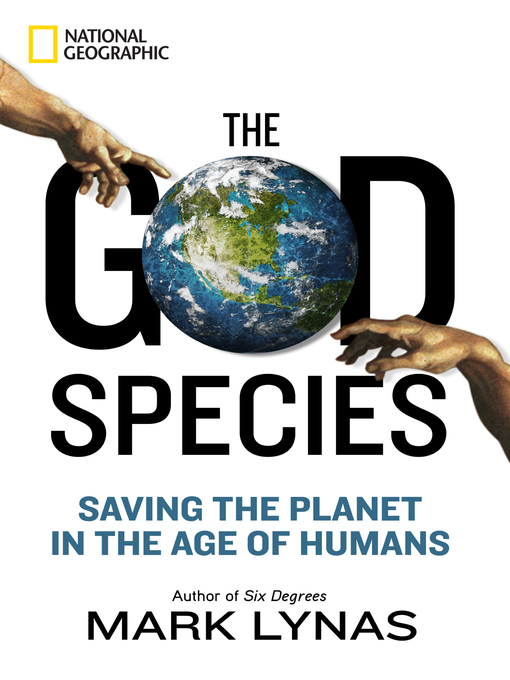We humans are the God species, both the creators and destroyers of life on this planet. As we enter a new geological era - the Anthropocene - our collective power now overwhelms and dominates the major forces of nature.
But from the water cycle to the circulation of nitrogen and carbon through the entire Earth system, we are coming dangerously close to destroying the planetary life-support systems that sustain us. In this controversial new book, Royal Society Science Books Prize winner Mark Lynas shows us how we must use our new mastery over nature to save the planet from ourselves.
Taking forward the work of a brilliant new group of Earth-system scientists who have mapped out our real 'planetary boundaries', Lynas draws up a radical manifesto calling for the increased use of environmentally-friendly technologies like genetic engi- neering and nuclear power as part of a global effort to use humanity's best tools to protect and nurture the biosphere.
Ecological limits are real, but economic limits are not, Lynas contends. We can and must feed a richer population of nine billion people in decades to come, whilst also respecting the nine planetary boundaries - from biodiversity to ocean acidification - now identified and quantified by scientists.
Ripping up years of environmental orthodoxy, he reveals how the prescriptions of the current green movement are likely to hin- der as much as help our vitally-needed effort to use science and technology to play God and save the planet.
From the Hardcover edition.
- Available now
- New eBook additions
- New kids additions
- New teen additions
- Most popular
- Try something different
- See all ebooks collections
- Available now
- Books to Movies on Audio
- New audiobook additions
- New kids additions
- New teen additions
- Most popular
- Try something different
- Thrilling Listens
- Road Trip!
- Always Available Audiobooks
- See all audiobooks collections

